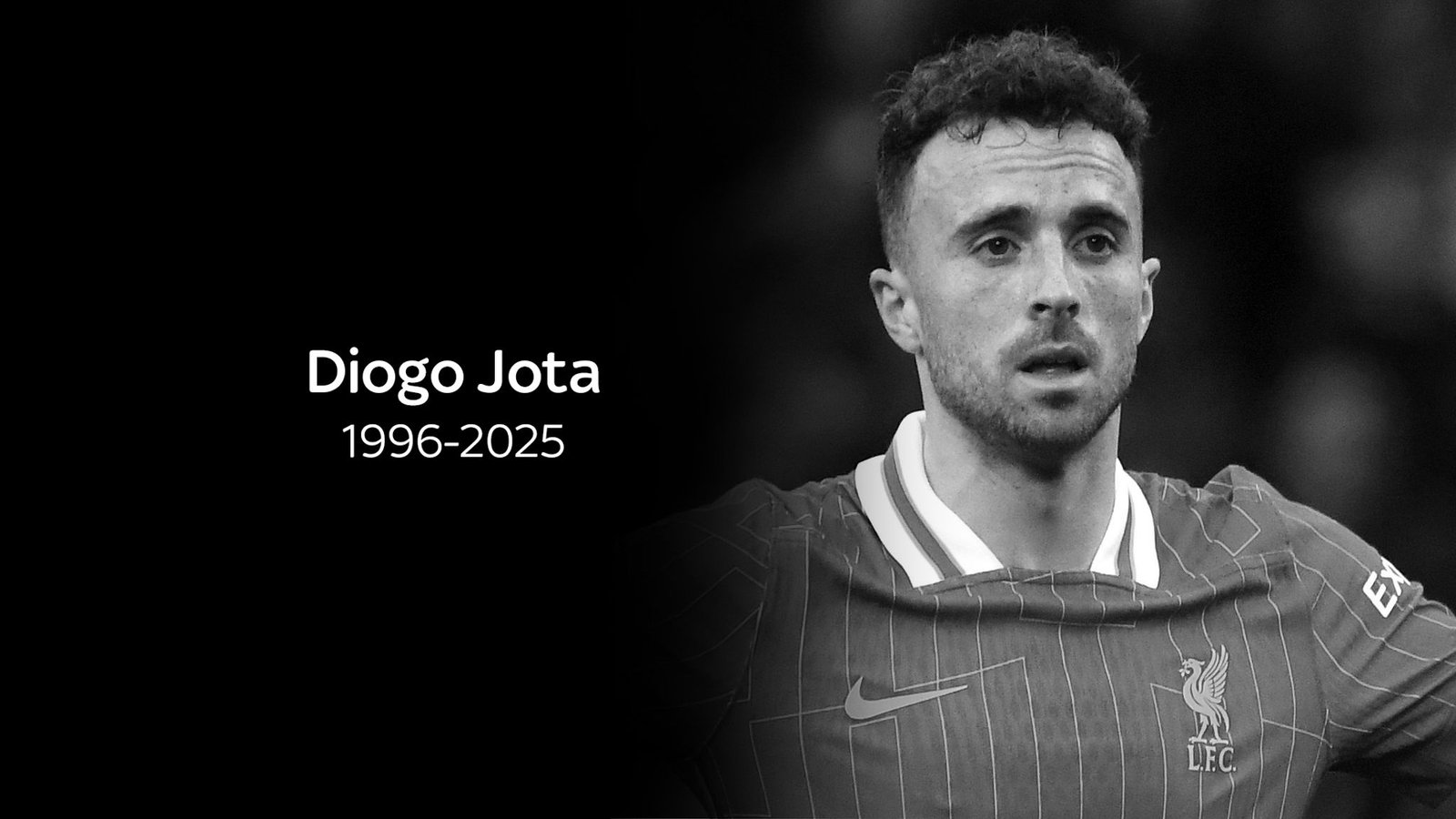Losing weight isn’t just about fitting into your favorite jeans — it’s about feeling strong, energetic, and confident in your own skin. But with so much information (and misinformation) out there, it’s easy to feel overwhelmed. Let’s cut through the noise and talk about what actually works when it comes to weight loss.

1. Start with Why
Before diving into diets and workouts, ask yourself: Why do I want to lose weight? Whether it’s to boost your health, have more energy for your kids, or feel more confident, having a personal reason keeps you motivated when things get tough.
2. Calories In vs. Calories Out Still Matters
At its core, weight loss happens when you burn more calories than you take in. That doesn’t mean starving yourself — it means being mindful of your portions and making healthier food choices. Try:
- Swapping soda for water or green tea
- Eating more whole foods (think veggies, fruits, lean protein)
- Cutting back on ultra-processed snacks
3. Move More — But Find What You Enjoy
Exercise doesn’t have to mean hours at the gym. Walking, dancing, biking, swimming — it all counts. The key is consistency. Aim for at least 30 minutes of movement most days of the week.
Tip: If you’re short on time, try high-intensity interval training (HIIT). It’s fast, effective, and boosts your metabolism.
4. Build Muscle, Burn Fat
Strength training isn’t just for bodybuilders. Lifting weights (or doing bodyweight exercises like squats and push-ups) builds muscle, which burns more calories even when you’re resting. Start with 2–3 days per week.

5. Don’t Ignore Sleep and Stress
Sleep and stress affect hormones that control hunger and fat storage. Aim for 7–9 hours of sleep per night, and find healthy ways to manage stress (meditation, journaling, nature walks — whatever works for you).
6. Be Patient and Kind to Yourself
Real, lasting weight loss doesn’t happen overnight. Set realistic goals — losing 1–2 pounds per week is healthy and sustainable. And if you slip up? Don’t beat yourself up. Progress isn’t a straight line.
7. Track Your Progress (But Not Just the Scale)
Scales can be helpful, but they don’t tell the whole story. Pay attention to:
- How your clothes fit
- Your energy levels
- Your mood and confidence
- Progress photos or measurements
Final Thoughts
Weight loss is a journey — not a race. It’s about making small, manageable changes that become lifelong habits. You don’t need to be perfect, just consistent. Every healthy choice you make is a step forward.



